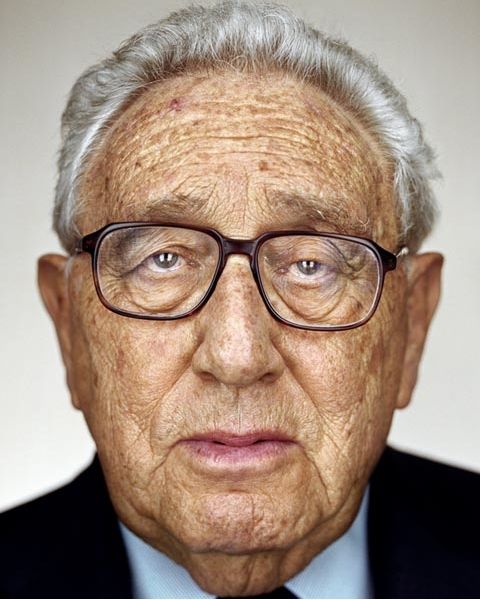
Henry Kissinger is a renowned American diplomat and political scientist who served as the United States Secretary of State from 1973 to 1977 under Presidents Richard Nixon and Gerald Ford. Born in Germany in 1923, Kissinger fled to the United States during the rise of the Nazi regime. He became a naturalized citizen in 1943 and went on to earn a Ph.D. in government from Harvard University. Throughout his career, Kissinger played a key role in shaping U.S. foreign policy, particularly during the Cold War era. He is best known for his diplomatic efforts in negotiating the end of the Vietnam War, as well as his work in establishing the policy of détente with the Soviet Union. Kissinger was awarded the Nobel Peace Prize in 1973 for his work in negotiating a ceasefire agreement in Vietnam. Despite his accolades, Kissinger’s tenure as Secretary of State also faced criticism for his involvement in controversial military interventions and the U.S. support of authoritarian regimes in Latin America and the Middle East. Kissinger remains a highly influential figure in American politics and international relations, with his writings and speeches continuing to shape global discourse on diplomacy and foreign policy.
Early Life and Career
Henry Kissinger was born in Germany in 1923 and immigrated to the United States in 1938 to escape persecution under the Nazi regime. He quickly adapted to his new home and went on to earn a PhD in political science from Harvard University. Kissinger’s academic prowess caught the attention of government officials, leading him to serve as a foreign policy advisor to both Presidents John F. Kennedy and Lyndon B. Johnson. By 1968, Kissinger had become the National Security Advisor under President Richard Nixon, where he played a crucial role in shaping American foreign policy during the Cold War.
Impact on International Relations
As Secretary of State under President Nixon and President Gerald Ford, Kissinger was instrumental in facilitating diplomatic relations between the United States and countries such as China and the Soviet Union. His strategic approach to international affairs, known as realpolitik, focused on maintaining a balance of power and negotiating from a position of strength. Kissinger’s shuttle diplomacy during the Yom Kippur War in 1973 helped bring about a ceasefire between Israel and Egypt, earning him the Nobel Peace Prize. Despite controversy surrounding his policies in Vietnam, Cambodia, and Chile, Kissinger’s influence on global diplomacy remains undeniable.
Throughout his career, Kissinger has been praised for his intellect and diplomatic skills, earning him the reputation as one of the most influential statesmen of the 20th century. In addition to his government service, Kissinger has also published numerous books and articles on international relations, cementing his legacy as a leading expert in the field. Today, at the age of 98, Henry Kissinger continues to be a prominent figure in the political sphere, offering insights and advice to current leaders on global challenges and opportunities.
 Top famous
Top famous
